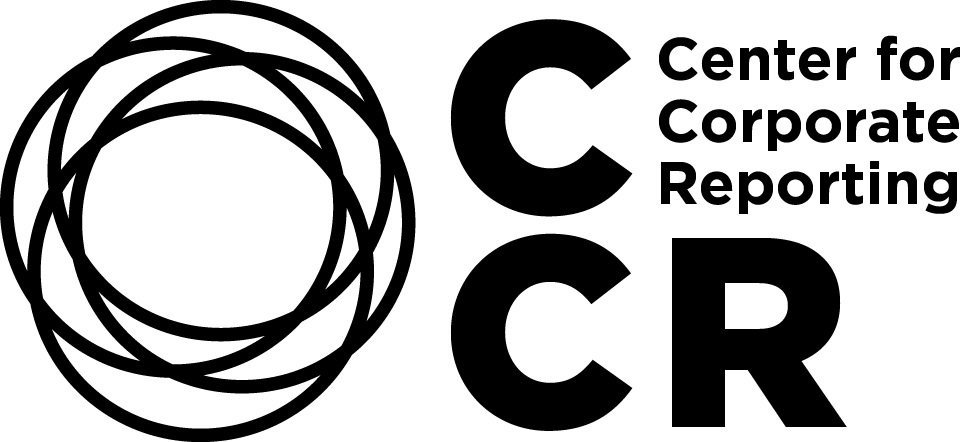Meeting Extensive Sustainability Requirements with an Effective Strategy
Over the last 15 years, Bell Food Group has evolved from a Swiss meat producer into a leading European food company. This brings increasing responsibility and leverage to drive the food system in a more sustainable direction. In addition, the company is subject to CSRD, VSOTR, OR 964, LKSG, SBTi and OECD, amongst others, each of which is backed by a system of disclosure requirements and governance guidance. How to react to this complex situation without losing sight of the own strategic goals?
By Marco Märsmann and Alexandra Sauer
Back in 2020, Bell Food Group decided to build a robust sustainability strategy and governance. Given the experience that topdown prescribed targets do not necessarily evolve action, it should involve the various divisions and departments from the beginning. It aimed at representing the overall ambition of the group, while accounting for the realities and compliance requirements of the different customers, brands, divisions and regional markets. Looking back, five success factors for the strategy process can be identified:
Governance. Initially a clear project governance was established, defining roles, responsibilities and timelines. This partially built on existing committees or working groups, not necessarily linked to sustainability. Even though the process required additional resources, it was appreciated that no artificial new governance structure was built. The project lead was the sustainability function, who communicated transparently to all involved parties throughout the process but had no directive power. Experts in topics like operational environmental management, sourcing, group functions, HR and OHS from all divisions made sure that their expertise was reflected in the project. The steering committee Sustainability at C-level had the strategic responsibility. LRQA supported the project on the content and on the process side.
Materiality. Given the broad range of sustainability topics, Bell Food Group wanted to understand their relevance. Where do we have an impact and what do our stakeholders expect? These core questions have been answered by external assessment and research first and then aligned with internal experts and stakeholders in a series of online discussions allowing the participation of all business units. This brought external viewpoints into the process without neglecting internal expertise. The discussions further increased the mutual understanding of the realities of other departments. The art of materiality is not to identify the relevant topics – which are often no surprise at all – but to develop and embed an understanding of these issues throughout the group.
Ambition. To remain in the driver’s seat, it is key to strategically decide on the ambition regarding sustainability and not to only follow the rules. The steering committee sustainability initially formulated their ambition towards sustainability in line with the company’s strategy. This ambition was an important guidance for the next step to commit beyond the statusquo without losing feasibility from sight.
Measurable targets and KPIs. Here, the hard work begun. Bell Food Group chose a top-down/bottom-up approach to develop meaningful and measurable targets. For each material topic, the relevant standards and benchmarks were considered to develop draft targets. Working groups for each topic gathered base-line information and fine-tuned the targets according to status, expertise, and feasibility. This created a sense of ownership, supporting the implementation of measures to reach these targets. Sub-targets were developed for a business unit and then aggregated at the group level.
Time. Seeing as it takes time to have an impact on sustainability, considering long investment cycles, slowly evolving markets and complexity of topics, it is worth investing time in the development of a strategy that ideally holds for 5-10 years at least in terms of the cornerstones. As Bell Food Group took this time, the process also initiated an internal learning and cooperation process that supports implementation.
Didn’t this process also have its challenges? Sure. The bottom-up approach resulted in many goals, the constant monitoring of which should not become a costly end in itself. Therefore, constantly questioning and adjusting the strategy is a necessary process to bring it to life. In retrospect, it established approaches that already anticipated some of the new requirements and enabled a rapid and flexible response to new demands.
About Bell Food Group
The Bell Food Group is one of the leading meat processors and convenience food specialists in Europe. Its range of products includes meat, poultry, charcuterie, seafood and convenience and vegetarian products. With brands such as Bell, Eisberg, Hilcona and Hügli, the Group meets a range of customer needs. Its customers include the retail trade as well as the food service sector and the food processing industry. Around 12,500 employees generate annual revenues of over CHF 4.3 billion. The Bell Food Group is listed on the Swiss stock exchange.
Marco Märsmann
is Head of Quality and Sustainability at Bell Food Group Ltd. As a trained chef, the food industry is close to his heart. Based on continuous academic training, has taken responsibility for quality for over 20 years. This increasingly includes a holistic view of sustainability.
Alexandra Sauer
is Director Sustainability Consulting at LRQA. She focuses on developing and anchoring corporate sustainability strategies and non-financial disclosure practices. Her passion is to unite business relevance and impact based on real data and stakeholder expertise.



